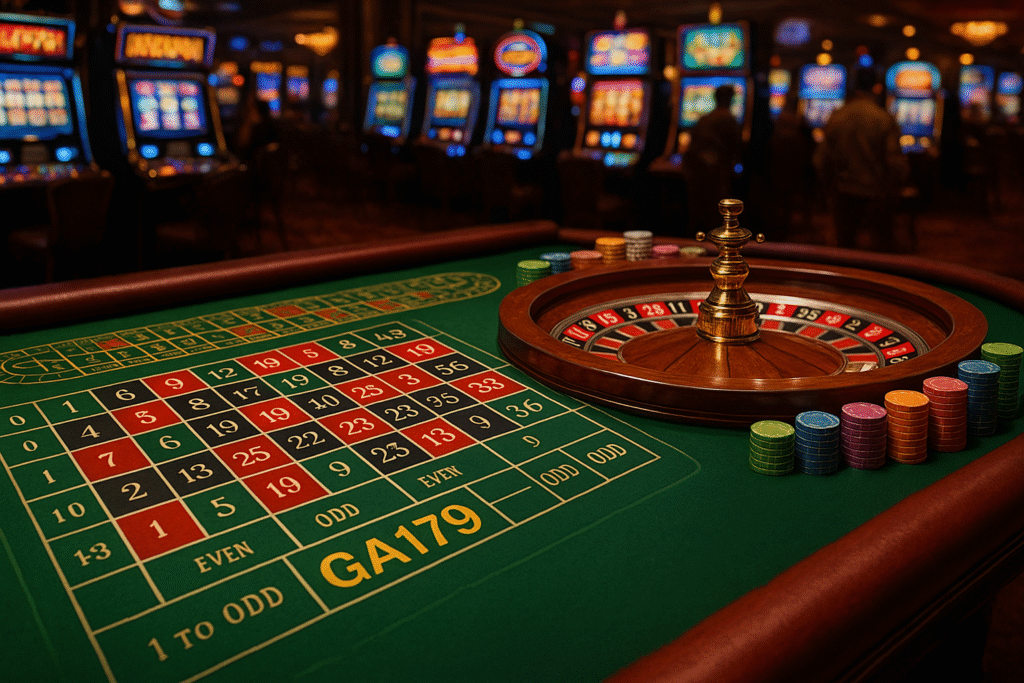
As online casinos become more accessible and immersive, responsible gambling has never been more important. Players today can enjoy thousands of games, live dealer tables, and even regional betting experiences like — all available 24/7 on mobile devices. While this level of convenience is exciting, it also creates potential challenges when it comes to maintaining healthy gambling habits.
Responsible gambling refers to practices and tools that help individuals enjoy betting without falling into harmful patterns. This concept is increasingly embedded in the online casino industry, both through operator initiatives and regulatory mandates. However, it still relies heavily on self-awareness and personal discipline. https://crisiscare.uk.com/
One of the biggest challenges in the digital gambling space is the illusion of control. Online platforms are designed to be smooth, fast, and engaging, which can lead to longer sessions and impulse-driven decisions. Unlike land-based casinos, there are no physical cues — like closing hours or the presence of others — to signal when it’s time to stop.
That’s why many online casinos now offer responsible gaming tools built into their platforms. These include options to set deposit limits, wagering caps, time reminders, and even self-exclusion features that temporarily block access to the site. These tools empower users to set boundaries before they start playing, making it easier to stay in control.
Another significant aspect is transparency. Legitimate operators display game RTP (Return to Player) percentages, bonus terms, and wagering requirements clearly. They also publish information about the risks of gambling and provide links to third-party organizations that offer support, like GamCare or Gambling Therapy. Being informed is the first step toward safe play.
Parental controls are also becoming more important in today’s digital environment. With many young people gaining access to smartphones and tablets, it’s crucial to keep gambling platforms out of reach for underage users. Reputable casinos use age-verification systems, and many recommend installing third-party apps to block access where necessary.
For those concerned about their gambling habits or someone else’s, early signs of trouble include chasing losses, gambling with money meant for essentials, or lying about how much time or money is being spent on games. Recognizing these signs early allows for faster intervention — which can include counseling, joining a support group, or using exclusion tools.
Education is also key. Many platforms now include responsible gambling education as part of their onboarding process. They may offer short videos or interactive modules that teach players about the odds, the nature of chance-based games, and how to gamble mindfully.
In addition to individual tools, regulation plays a vital role. Countries with strong gambling laws require operators to implement responsible gaming practices, undergo audits, and contribute financially to gambling harm prevention programs. For example, casinos in jurisdictions like Malta, the UK, and Sweden must adhere to strict standards to maintain their licenses.
Operators are also investing in AI-powered behavior monitoring to detect risky activity. These systems flag unusual betting patterns, rapid losses, or excessively long sessions and may prompt players to take a break or verify their activity. While not perfect, such systems represent a promising step toward proactive harm reduction.
Conclusion
In the fast-paced world of online gambling, responsible gaming isn’t just a guideline — it’s a necessity. With the right tools, education, and self-awareness, players can enjoy the thrill of casino entertainment while staying in control. The goal isn’t to eliminate gambling, but to create an environment where it remains fun, safe, and sustainable for everyone involved.